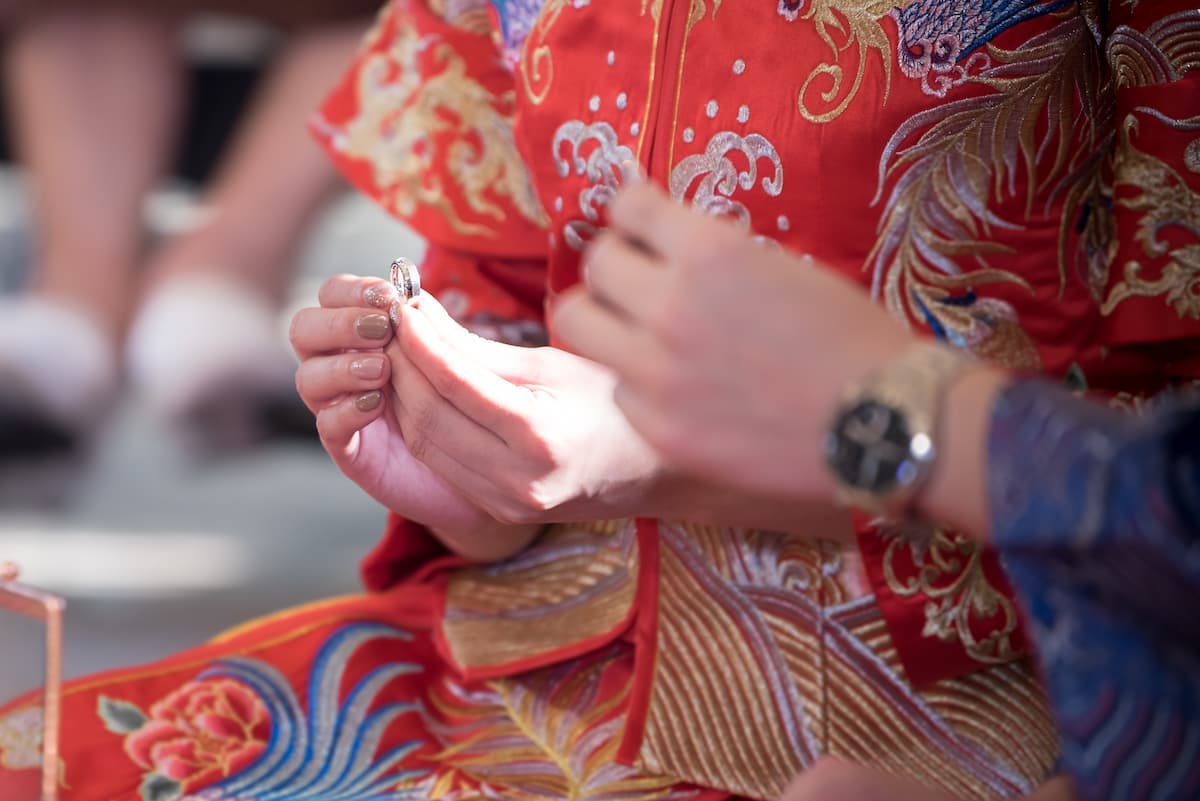This article will help you to know all the information about the law related to second marriage in Nepal.
Marriage is a legally, formally, and morally recognized union of two people as partners in a personal relationship. Section 68 of the National Civil Code, 2074 B.S. envisions marriage as a permanent, inviolable, and holy social and legal bond, which is based on free consent and established to start conjugal and family life between a man and a woman.
Marriage is a holy bond that has been corrupted and violated since time immemorial. The deviation from the established norms and legal frameworks of marriage is deemed to be an offense related to marriage among which the most frequent and prevalent offense is bigamy.
Second marriage in Nepal is not only immoral but is also illegal and punishable by law. In a country like Nepal where family structure, rituals, customs, traditions as well as law is largely influenced by Hindu Jurisprudence, bigamy irreversibly deteriorates, permanently destroys, and irreparably damages the conjugal relationship.
Bigamy is a crime in most countries that recognize only monogamous marriages. Bigamy is the unlawful contracting of marriage by or with a person who is already married to another.
Bigamy refers to the act of entering into a marriage with one person while still legally married to another. Where a person commits bigamy, often neither the first nor second spouse is aware of the other. Bigamy is one of the main reasons for conjugal infidelity.
According to Black’s law dictionary, “Bigamy is the criminal offense of willfully and knowingly contracting a second marriage (or going through the form of a second marriage) while the first marriage is still legally valid.”
Law related to second marriage in Nepal is guided by the Muluki Civil Code 2074 as well as Muluki Criminal Code 2074.

LEGAL PROVISIONS REGARDING Second Marriage in Nepal
The law related to second marriage in Nepal has been enshrined both in National Civil Code as well as National Penal Code as follows:
National Civil Code
According to Section 71(2)(e) of the National Civil Code, 2074 B.S., “No one shall conclude, or cause to be concluded, marriage with a man or a woman who is already married, by way of misrepresentation.” Furthermore, Section 71(3) empowers a person who is aggrieved from the conclusion of marriage by way of misrepresentation with a person who is already married to other people to get such a marriage voided and claim reasonable compensation from the person who concludes or causes to be concluded, marriage by misrepresentation.
National Penal Code
The act of bigamy is prohibited and punishable as per Section 175 of the National Penal Code as follows:
Section 175: Prohibition of bigamy:
(1) No married man shall, during the continuation of the marital relationship, conclude another marriage.
(2) No woman shall conclude marriage with a man knowing that he is already married.
(3) Notwithstanding anything contained in sub-section (1) or (2), a man or woman may marry again if the husband and wife have got separated upon making partition in accordance with the law.
(4) A person who commits, or causes to be committed, the offense referred to in subsection (1) or (2) shall be liable to a sentence of imprisonment for a term of one year to five years and a fine of ten thousand to fifty thousand rupees.
(5) The marriage referred to in sub-section (1) shall, ipso facto, be void.
(6) Notwithstanding anything contained elsewhere in this Section, nothing contained in this Section shall be deemed to have an effect on any marriage concluded in accordance with the law in force for the time being prior to the commencement of this Act.

STATUTE OF LIMITATION for SECOND MARRIAGE in NEPAL
Section 176 of the National Penal Code provides that, “No complaint about bigamy shall lie after the expiry of three months from the date of knowledge of the commission of the offense.” Hence, the charge sheet shall be registered in the court within 3 months of the knowledge of the offense of bigamy.
PROCEDURAL ASPECT OF OFFENCE OF BIGAMY
According to Schedule 1(1)(a)(10) of the National Penal Code, 2074 B.S., bigamy is a government plaintiff case that is prosecuted by the Government Attorney on behalf of the victim.
The victim has to complain and communicates the details of the case to the police in the form of a First Information Report (F.I.R.) in accordance with Section 4 of the National Criminal Procedure Code, 2074 B.S. The concerned police officer investigates the offense and prepares a case file which is sent to the concerned District Government Attorney’s Office.
If in view of the proof and evidence collected, the concerned government attorney considers that there is adequate evidence for instituting the case, the concerned government attorney shall prepare a charge sheet in the form referred to in Schedule-20 and shall submit the charge sheet to the concerned District Court within the time limit.
Case of Idris Maya
The Supreme Court in the case of Government of Nepal vs Idris Miya held that bigamy is contrary to established legal, moral, and religious framework and principles and extra-territorial jurisdiction can be invoked with regards to the offense of bigamy.
CONCLUSION
Hence, second marriage in Nepal is a category of offense against marriage that has been in practice in Nepalese society since time immemorial and in the present time has been prohibited, punished as well as forbidden by civil as well as criminal laws in force.
If you have any queries then please feel free to comment below or you can directly contact us for services.

Thank you for the information sir.
Qn. Husband having a 2nd marriage without divorce with the first wife. Husband with 2nd wife don’t have a biological child. But adopts a son. Husband has 2 sons from his 1st marriage. Husband transfers all his property to 2nd wife before partition and he died. What is the provision of succession regarding that matter?
Contact us at 9862944100 for further information. Thank you
I have been separated with my legal husband ten years ago we didn’t had divorce yet. Can I remarry legally now ?
If the husband and the wife live separately by the judicial separation they are free from each other. They can do whatever they like and they are independent of each other but they cannot perform another marriage.
A married man has an extra marital affair with another married woman and has a life insurance in the name of the other woman, What punishment shall they both face?
please contact or whatsapp 9862944100
A person married first wife in 2067 and again married second wife in 2070 without having divorce with his first wife
Is it legal or illegal?
I read somewhere that before 2074 dual marriage was legal, is that correct? Please reply me
Contact or WhatsApp +977 9862944100
Hell Dear Advocate Ravin,
Could we discuss on the mobile No given in your WhatsApp number.
Sure